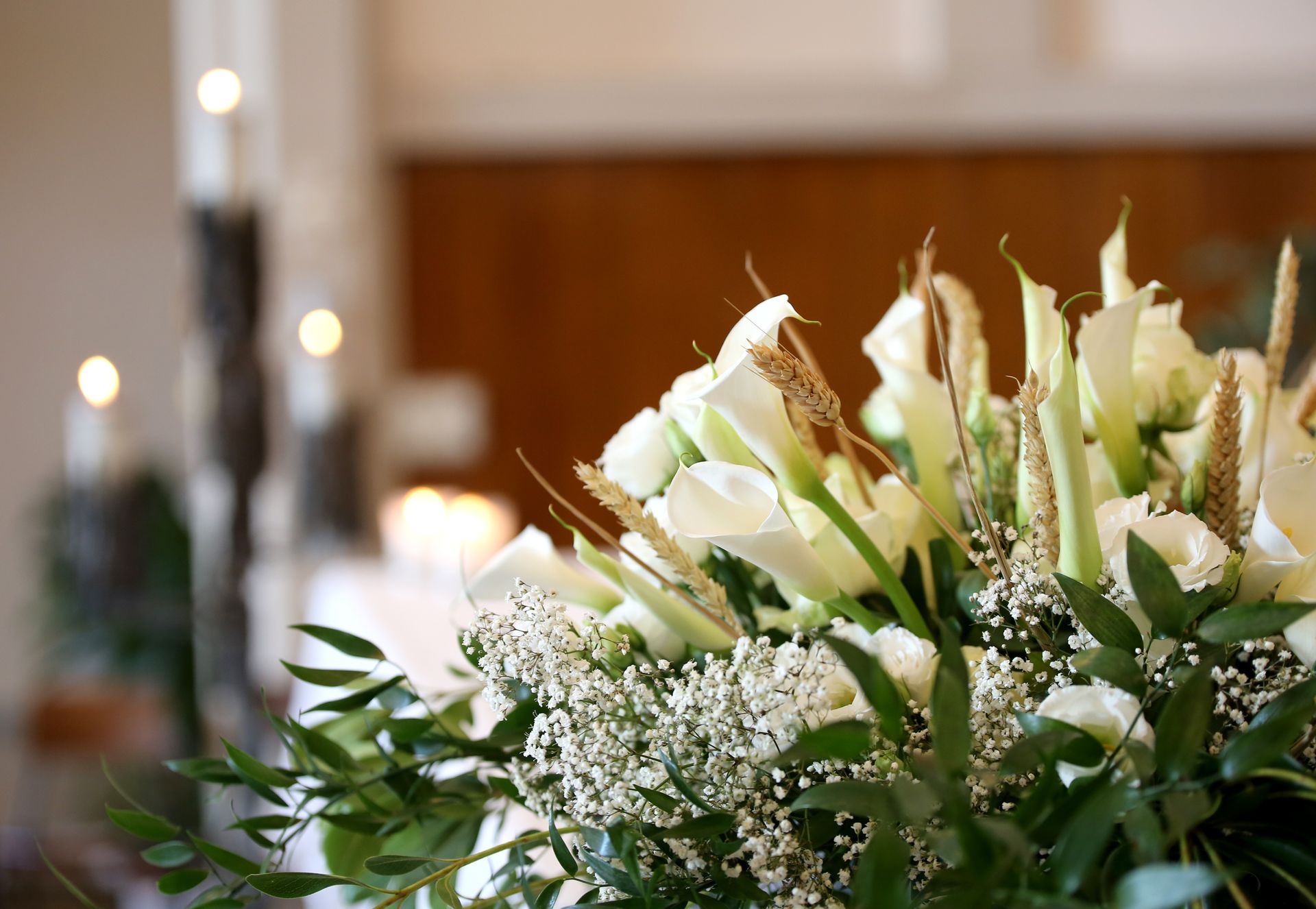Celebration of life ideas
Nature's Symphony
Most of us are quite familiar with the traditional funeral service. Chances are you’ve attended at least one before. Formal services tend to be quite similar in their formats – though any funeral home worth its salt will personalize one as much as requested – and while there’s certainly an allowance for joy in remembrance, they tend to be somewhat solemn events that focus on respect and reflection.
At our funeral home, we hold the traditional funeral service in high regard. We know that such gatherings are often the most appropriate and appreciated way to honor a lost loved one.
We’ve also noticed a different type of ceremony becoming more popular over time: the celebration of life. A celebration of life ceremony is the non-traditional cousin of the traditional funeral service. Held either in place of or after a memorial service, its purpose is to acknowledge the joy and light a passed loved one brought into the world. Guests have the opportunity to say goodbye by sharing positive stories, passing along memories, and, well, celebrating the person who passed away.
Celebrations often don’t incorporate the physical presence of the deceased in an urn or casket, and they typically aren’t held in funeral homes or religious buildings.
The one real rule for holding a celebration of life ceremony is that there are no rules. A decedent may have already specified for her family what type of celebration should take place. (My family, for example, knows that they should spend as little as possible on things like a rented facility or formal programs, but they should spare no expense when it comes to pizza, beer, and board games.) Family members who were close to the decedent will often have a good idea of how casual the celebration should be and which details make the most sense.
Keeping in mind that there are no requirements, here are some things to think about when planning a celebration of life:
Who? Consider who you’ll invite to help you celebrate. Some celebrations are very intimate, restricted to just immediate or close family. But a large celebration incorporating all the same people who would attend a traditional service is also an option.
Where? Once you have a rough idea of how many guests to expect, determine a location for the ceremony. Don’t be afraid to think outside the box. I once had a friend who celebrated the life of her lost spouse with a simple gathering of friends around a campfire. Celebrations of life can be held at a home, restaurant, park, banquet hall, or some other spot of particular significance. Just make sure whichever place you pick can hold the number of people who will likely attend.
How? What is the best way to honor and celebrate your loved one? Celebrations can incorporate an officiant, who will speak to the group about the life of the decedent and nudge the ceremony along. If the gathering will be more informal, an officiant and programs may not be necessary. Instead, you might consider designating a Family Member in Charge, who will be responsible for leading the group in telling stories about the departed.
Other great ideas for remembrance include picture boards or scrapbooks, a remembrance video, readings from the decedent’s favorite literature, the incorporation of the decedent’s favorite music, and a selection of crowd-pleasing food that honors the decedent’s tastes.
Truly, the options for celebrating the life of somebody you held dear are limitless.
A note on party (pre)planning: We talk about preplanning for the inevitable a lot in our industry. But we do understand that planning for death isn’t always the happiest of tasks. Here’s where we’re especially excited about celebrations of life:
Planning parties is fun. Picking out balloons, thinking about food, and finding all the details to make an event really special – these are things that have positive associations in American culture. (Heck, just take a look at how much excitement is generated by the wedding-planning industry.) Celebrations of life present an interesting opportunity to think about death arrangements in advance with the undertone of fun and joy. If you have a friend or relative who has been unwilling to discuss his future arrangements, talking to him about a celebration of life may spark a conversation that doesn’t overwhelm or intimidate him.
Have you attended a celebration of life ceremony before? What did you think? Send us your thoughts on Facebook , and we might include them in a future post or newsletter.









